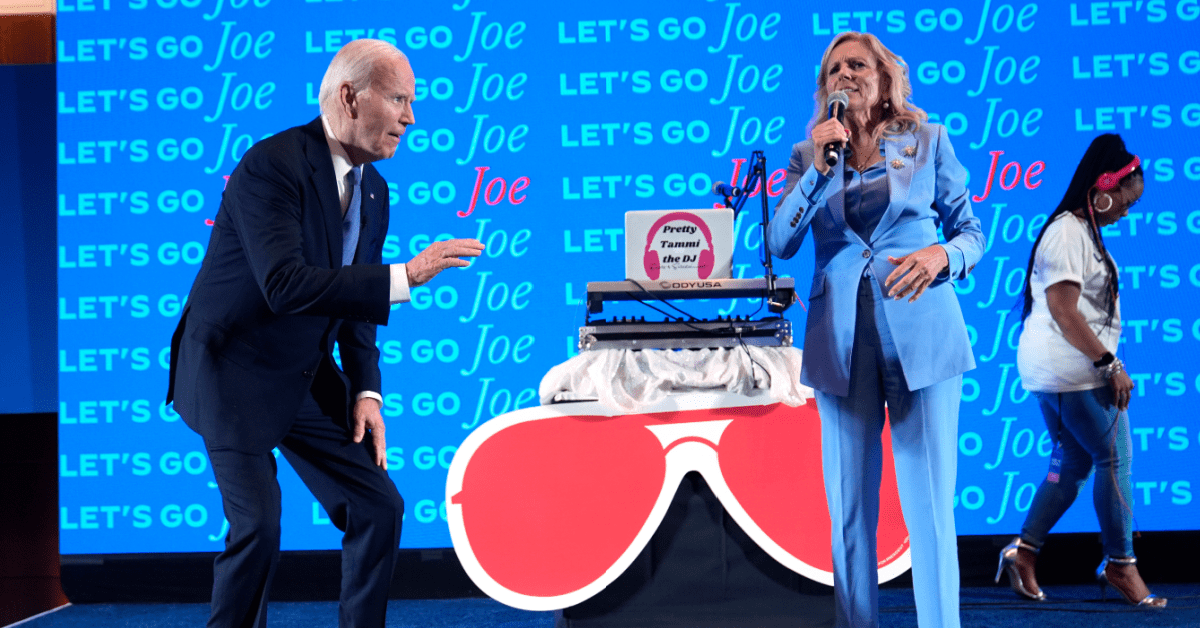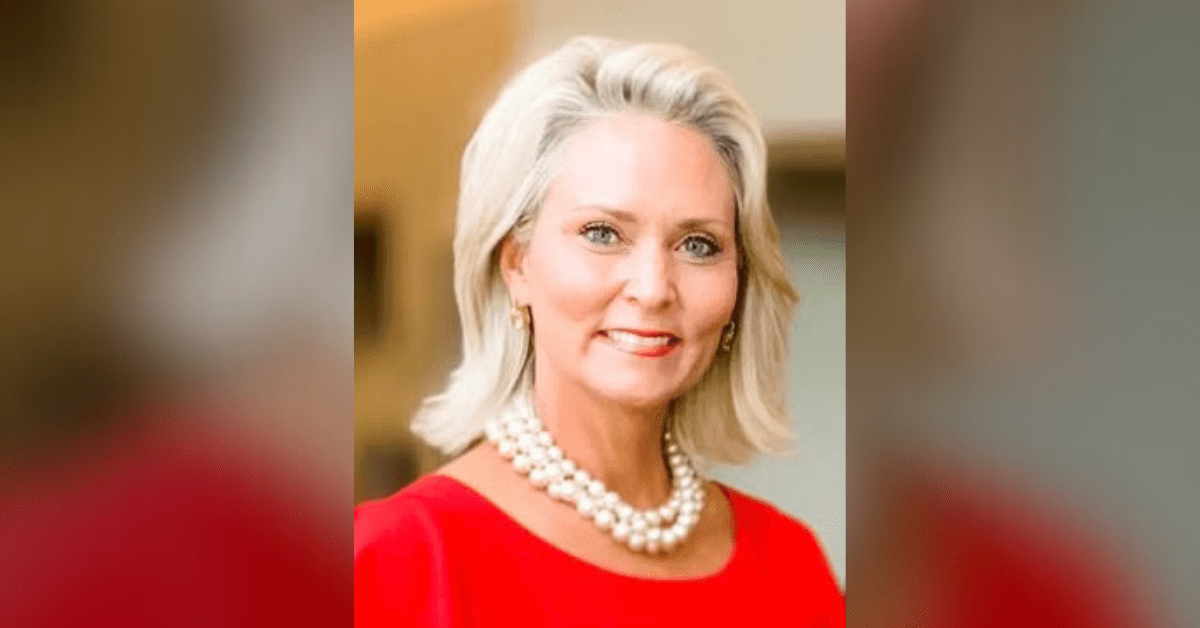
Sid Salter
- Columnist Sid Salter says the healthcare personnel shortages will be significant in rural Mississippi for years to come.
Last year and likely next year as well, the Mississippi Legislature was focused on the question of Medicaid expansion. The tenor of that debate focused on the perceived impact on the bottom line of beleaguered Mississippi hospitals under an expanded Medicaid program, particularly those in rural areas of Mississippi.
Yet with or without the expansion of Medicaid, a quite different healthcare crisis exists for providers and patients alike. Baby Boomers, the generation born between 1946 to 1964, are approaching the season of their lives when their healthcare needs will increase and become more pervasive and persistent.
Baby Boomers are the children of television, optimistic and industrious but prone to divorce and a distrust of government marked by the Vietnam War and Watergate. Boomers range in age from 60 to 78, so retirement, Social Security, Medicare and other healthcare issues are top of mind. Some Boomers are already dealing with issues like nagging ailments that require daily care or therapies.
Others are already in the mode of needing either daily home health or institutional care even though they are living longer due to the development of new drugs and other treatment improvements. With that increased life expectancy comes the hard realities of cognitive decline and increased periods of physical disability.
The National Center for Health Workforce Analysis reported in 2023 that the country faced a shortage of just under 140,000 physicians by 2036. Mississippi ranked last in the number of patient care practicing physicians per 100,000 population at 166. Vermont led the nation at 322.
So, with an aging (and growing!) population of people who will increasingly need healthcare, Mississippi and the rest of the country is facing a shortage of doctors and other key medical personnel. With two medical schools (University of Mississippi Medical School in Jackson and William Carey University College of Osteopathic Medicine in Hattiesburg) and a relatively small population, Mississippi is ahead of the curve in producing physicians compared to more urban states.
But the numbers skew when considering the need for specialists including obstetricians, pediatricians and those who render psychiatric care. Nursing shortages exacerbate the shortage of physicians.
The NCHWA projects a 9% shortage of registered nurses nationwide and a 14% shortage in non-metro areas in 2036. The demand for licensed practical nurses is expected to greatly outpace the supply resulting in a shortage of just under 100,000 LPNs or 14% by 3036.
Mississippi community colleges and universities are working to address those shortages. The state’s community colleges plus Alcorn State University and Mississippi University for Women offer associate degree nursing programs. Nine Mississippi public and private universities offer a Bachelor of Science degree in nursing.
Six universities offer a Master of Science degree in nursing and five offer a Doctor of Nursing Practice degree. Three institutions offer a Ph. D (Doctor of Philosophy) degree in nursing.
Two universities offer physician assistant programs, including Mississippi College and Mississippi State University. Physician assistants practice medicine under the guidance of supervising physicians. The State College Board has approved efforts to establish a PA program at the University of Southern Mississippi.
In the latest move to address healthcare personnel shortages, the College Board recently approved two new schools at MSU-Meridian’s Riley campus in downtown Meridian – the School of Health Professions and the School of Nursing.
The School of Nursing oversees the accelerated Master of Science in Nursing program. The program allows college graduates holding non-nursing degrees to enter the nursing profession as candidates for registered nurse licensure.
Even with the cooperative efforts of the state’s community colleges and universities, the healthcare personnel shortages will be significant in rural Mississippi for years to come.








